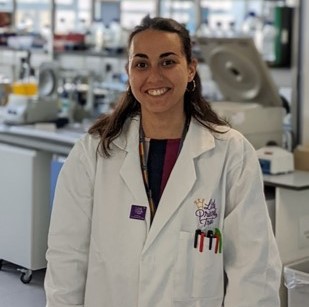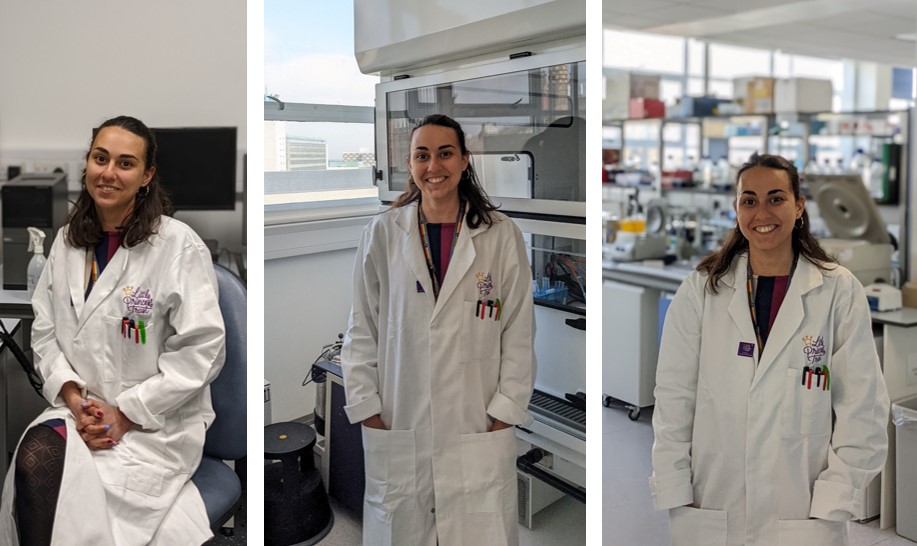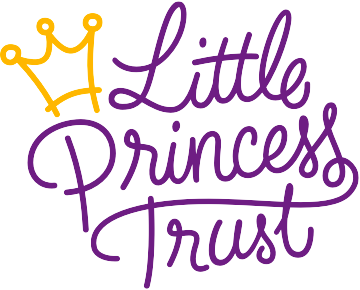Little Princess Trust News
How understanding 'life balances' can teach us more about cancer cells

Reseach funded by LPT is investigating the most common childhood cancer
Research funded by The Little Princess Trust is trying to find out why some childhood cancer cells make themselves fitter than our healthy cells. The study into Acute Lymphoblastic Leukaemia (ALL) is being carried out by Dr Lisa Russell's team at Newcastle University. Nefeli Karataraki is one of those studying ALL in the North East and, below, explains how we can use the 'art of balance in life' to understand more about this cancer type.
Acute Lymphoblastic leukaemia (ALL) is the most common childhood cancer affecting almost 800 children in the UK each year.
It is not just one disease but a diverse group of diseases that are created by many changes in our genetic code.
The identification of these changes is essential as they help to diagnose the patients. This knowledge gives us an insight into which treatment these patients will need and how well they may respond.

How do these changes actually lead to the development of leukaemia? In most cases they will cause an excessive accumulation of cells in our body – more than we need – and that will make us ill.
However, one of life's common phrases is also relevant for cancer cells: ‘’A little of what you like does you good. But you can have too much of a good thing - Dick King-Smith’’.
Cancer cells need to find ways to balance the excessive accumulation of cells allowing them to survive.
Through funding from The Little Princess Trust my group has been trying to understand how different changes in the genetic code of leukaemia cells help to balance too much of a good thing.
We have studied a change to the genetic code that makes leukaemic cells stronger and able to multiply quicker.
This research is important because the more we understand about the way cancer cells make themselves stronger than our healthy cells, the better prepared we are to think of ways to target these cells.
However, we and others also found that this change to the genetic code, if not managed properly, can cause the cancer cells to die.
In order to avoid this, cancer cells create another change to the genetic code allowing them to balance the system, like a set of scales, allowing the cancer cells to prolong their survival in the body.
This research is important because the more we understand about the way cancer cells make themselves stronger and fitter than our healthy cells, the better prepared we are to think of ways to target these cells.
_2.jpg)
As research goes, this is always easier said than done, but throughout the last few years we have taken some big steps in identifying one of the ways in which leukaemic cells find the right balance.
What is really exciting is that there are drugs already designed that we could use to tip this balance and cause the cancer cells to die.
There is still more work to be done as the instructions we need to block in order to make the cancer cells die are important instructions for most cells.
We need to see if our cancer cells are more sensitive to having these instructions blocked, or think of ways to deliver the drugs only to the cancer cells.



